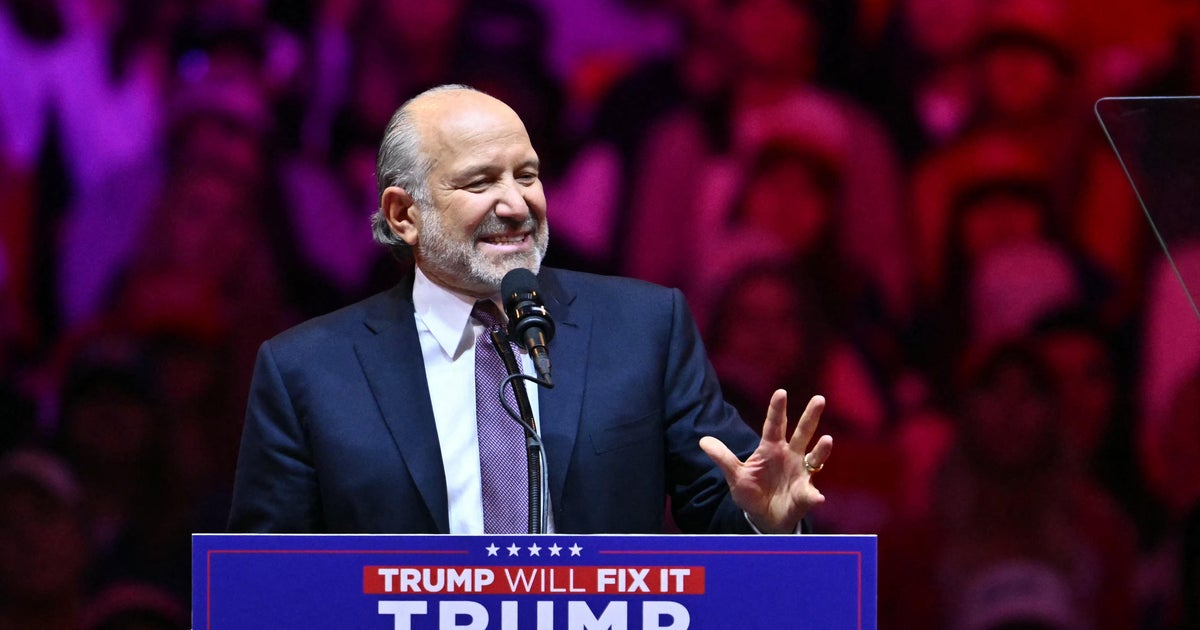GOP tax plan slashes corporate rate, limits cherished deduction for homeowners
WASHINGTON--House Republicans on Thursday unveiled a tax cut plan that slashes the corporate tax rate, lowers taxes for most Americans but limits a cherished deduction for homeowners as President Trump and the GOP seek to deliver on the first tax revamp in three decades.
The proposal would add $1.5 trillion to the nation's debt over the next decade as Republicans largely abandoned fiscal discipline in a desire to secure a legislative achievement for Mr. Trump and score a political win ahead of next year's midterm elections.
Mr. Trump promised in a statement that his administration "will work tirelessly to make good on our promise to the working people who built our nation and deliver historic tax cuts and reforms - the rocket fuel our economy needs to soar higher than ever before."
Middle-income families would pay less, thanks to doubling of the standard deduction and an increase in the child tax credit. Wealthy Americans, like Mr. Trump, would benefit from the repeal of the alternative minimum tax and phase-out of the estate tax. Republicans calculate that a family of four with a median $60,000 income would receive a tax cut of almost $1,200.
However, many two-income, upper middle class families would pay more after being bumped into a higher tax bracket and losing a valuable deduction on state income taxes.
"Today is the day. We are introducing legislation that will cut your taxes & make the entire system more simple. This will be a game-changer," Speaker Paul Ryan, R-Wis., said on Twitter.
The proposal would leave intact the existing rules on 401(k) retirement accounts and the ability of Americans to contribute up to $18,000 into the accounts tax-deferred. But the plan would limit the widely used deduction for mortgage interest to new home loans of $500,000 or less, a sharp reduction from the current $1 million cap.
The plan also limits the deductibility of local property taxes to $10,000 while eliminating the deduction for state income taxes, which has generated significant opposition from Republicans in high-tax states such as New York and New Jersey.
Plan faces hurdles
The tax-writing Ways and Means Committee will work on finalizing the proposal next week, and the GOP's ambitious timetable to get a bill to Mr. Trump by Christmas faces numerous roadblocks. The proposal caused anxiety for some House Republicans and drew criticism from a few in the Senate, which is intent on writing its own bill.
Rep. Lee Zeldin, R-New York, announced his opposition on Twitter: "I am a NO to House #TaxReform bill in its current form. A lot of good aspects, but its (sic) not there yet."
Rep. Dan Donovan, R-New York, said he still had concerns about the state and local tax deduction, and planned to meet with leadership.
"We're going to look at all of this to see how it all plays out," he told reporters as he emerged from the GOP caucus.
The plan would shrink the number of tax brackets from seven to three, with respective rates of 12 percent, 25 percent, 35 percent and 39.6 percent. The tax system would be simplified, and most people would be able to file their returns on a postcard-sized form.
Tax-rate changes
The plan sets a 25 percent tax rate starting at $90,000 for married couples, with a 35 percent rate beginning to bite at $260,000 - which means many upper-income families whose top rate is 33 percent would face higher taxes. Individuals making $500,000 and couples earning $1 million would face the current Clinton-era top rate of 39.6 percent.
The plan slashes the corporate tax rate from 35 percent to 20 percent, a demand of Mr. Trump. It also repeals the inheritance taxes on multimillion-dollar estates, a big break for the wealthy.
"There are a lot of people still in our conference who are anxious to see exactly how this plays out with growth in the economy, what the long term deficit and debt situation turns out to be," said Rep. Steve Womack, R-Ark.
The child tax credit would be increased from $1,000 to $1,600, though the $4,050 per child exemption would be repealed.
Sen. Marco Rubio, R-Florida, tweeted an objection: "House #TaxReform plan is only starting point. But $600 #ChildTaxCredit increase doesn't achieve our & potus goal of helping working families."
The legislation is a longstanding goal for Capitol Hill Republicans who see a once-in-a-generation opportunity to clean up an inefficient, loophole-cluttered tax code.
Winners & losers
The plan calls for nearly doubling the standard deduction used by most average Americans to $12,000 for individuals and $24,000 for families, and increasing the per-child tax credit. On net, it could mean tax increases for many upper middle-income families.
Republicans and Mr. Trump argue that sharply cutting tax rates for businesses improves U.S. economic competitiveness.
For the wealthiest earners, the tax writers raised the minimum level of income to $1 million for couples or families from the current $470,000 - a change that would reduce tax revenue.
Democrats have repeatedly complained the plan was too favorable to business and the wealthy, and contradicted Mr. Trump's rhetoric of bringing tax relief and economic benefit to the stressed middle class.
"What we are seeing today is a plan that exacerbates the unfairness and inequality in our tax code," said top Senate Democrat Chuck Schumer of New York. "To pay for all the tax giveaways in their bill, the Republicans are likely to make it worse for the middle class - not help them but hurt them."
While the plan's unveiling will be hailed as a win by the Trump administration, according to a new CBS News poll, providing sweeping tax cuts are not a priority for everyone, including many Republicans. Seven in 10 Americans think the president and Congress should address other issues before passing a tax cut and reform bill, and only a slim majority of Republicans see the issue as top priority.



